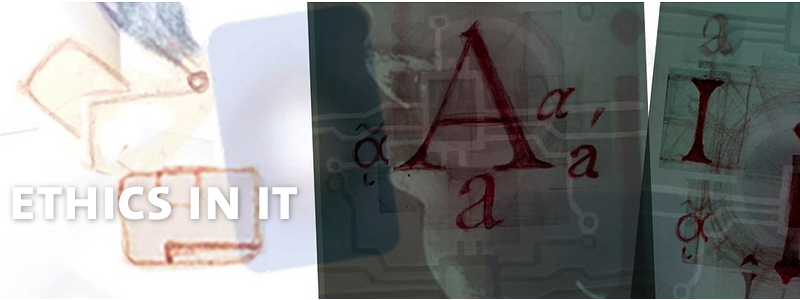
Artificial Intelligence as Philosophical Disruption: Understanding Human-Technology Relations after the Digital Revolution
The impact of artificial intelligence on society is so profound that it can be considered to be disruptive. AI does not only have radical consequences for society - as is expressed by the concept of ‘the Fourth Revolution’ and ‘Society 5.0’ that is emerging from that - but also for ethics itself. Technologies have become ethically disruptive, in the sense that they challenge and affect the very concepts with which we can do ethics in the first place. What do’ agency’, ‘responsibility’ and ‘empathy’ mean when artificial agents are entering society? What does ‘democratic representation’ mean when AI systems interfere with the very idea of representation itself? What can the notion of ‘the humane’ still mean when AI systems become an intrinsic part of human actions and decision-making? This talk will explore phenomenon of ethical disruption in detail, by investigating the various ways in which technologies – and not only human beings – can be ethically significant. Breaking the human monopoly on ethics and expanding it towards technology will make it possible to connect ethics more directly to practices of design. The resulting ‘Guidance Ethics Approach’ enables bottom-up ethical reflection that can foster the responsible design, implementation and use of new and emerging technologies.
Prof. Dr. Peter-Paul Verbeek (Universiteit van Amsterdam, NL)
Peter-Paul Verbeek (1970) is Rector Magnificus and professor of Philosophy and Ethics of Science and Technology at the University of Amsterdam. His research and teaching focus on the relationship between humans and technology, viewed from an ethical perspective and in close relation to design. He is chair of the UNESCO World Commission for the Ethics of Science and Technology (COMEST), editor-in-chief of the Journal of Human-Technology Relations, and editor of the Lexington book series in Postphenomenology and the Philosophy of Technology. More information: www.ppverbeek.nl
Institutions
- UHH
